Optimal Timing for Storm Restorations
Storm restorations are most effectively performed when weather conditions are stable, allowing for thorough inspections and repairs. Timing depends on regional climate patterns, with the optimal window typically occurring outside of peak storm seasons to ensure safety and quality work.
Spring and fall often provide the best conditions for storm restorations due to milder weather and fewer extreme storms.
Performing restorations during periods of dry, calm weather minimizes delays and enhances safety for crews.
In Georgia, late spring and early fall are generally ideal, avoiding the peak of hurricane season and winter storms.
Immediately after a storm, assessments and repairs can be prioritized, but only when weather permits safe access.
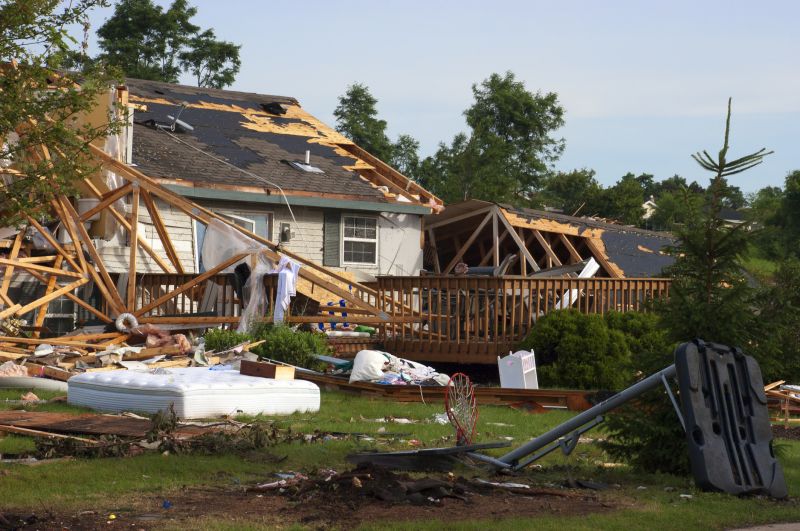
Inspection of roof and structural damage after storms.
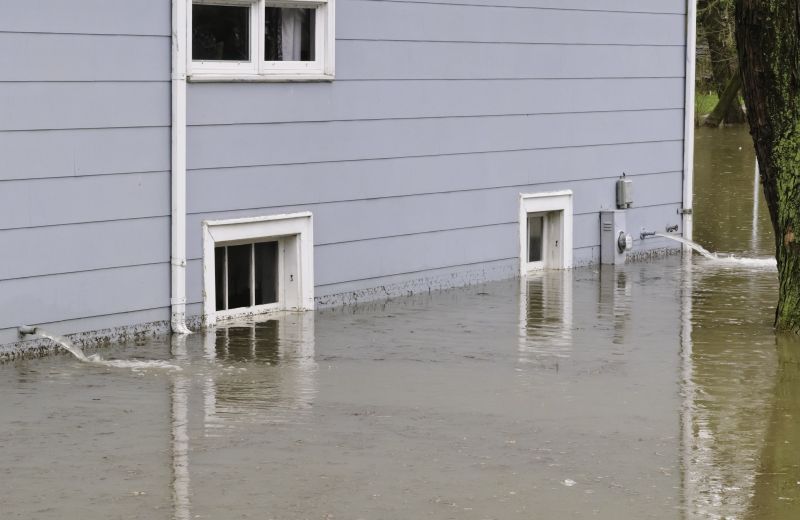
Temporary fixes to prevent further damage.
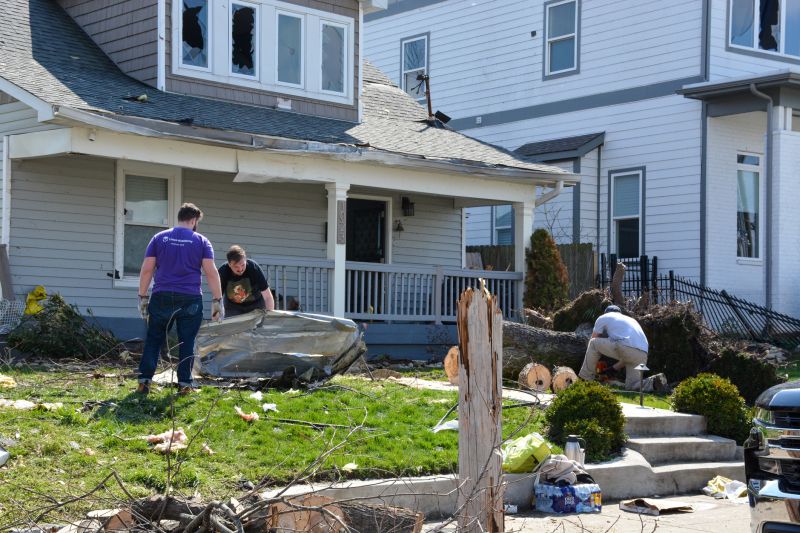
Complete repairs to restore property integrity.
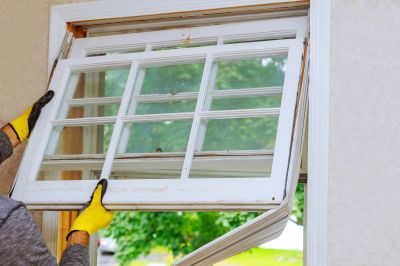
Ways to make Storm Restorations work in tight or awkward layouts.
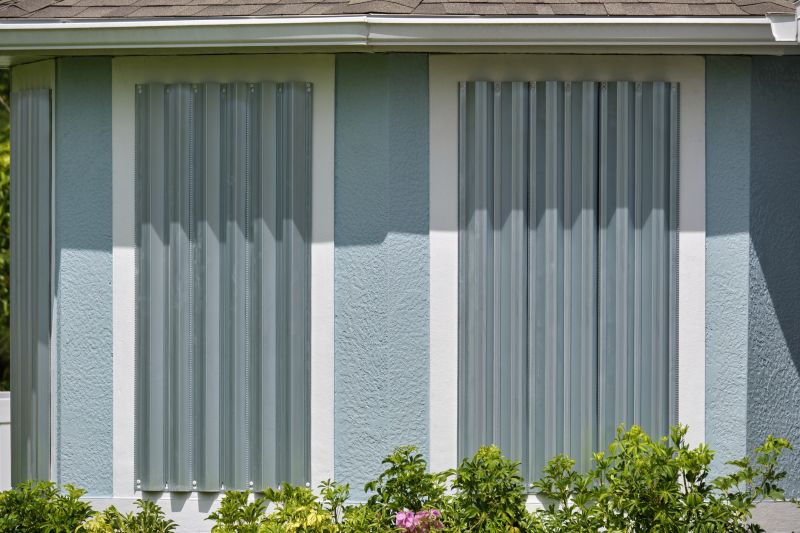
Popular materials for Storm Restorations and why they hold up over time.

Simple add-ons that improve Storm Restorations without blowing the budget.
Storm restorations involve a comprehensive process to repair and restore properties affected by severe weather events. These projects include inspecting for damage, performing emergency repairs to prevent further issues, and completing full restoration work. Proper timing ensures that repairs are conducted safely and efficiently, minimizing disruption and reducing the risk of additional damage.
Scheduling restorations during optimal weather windows enhances safety and quality of work.
Storm seasons typically occur in late summer and early fall, with heightened activity in certain regions.
Continuous monitoring helps determine the best time for restoration activities.
Pre-storm planning can reduce response times and improve outcomes.
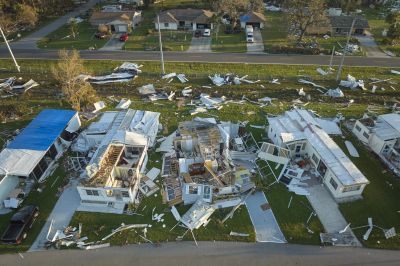
Visual evidence of storm impact on roofing structures.
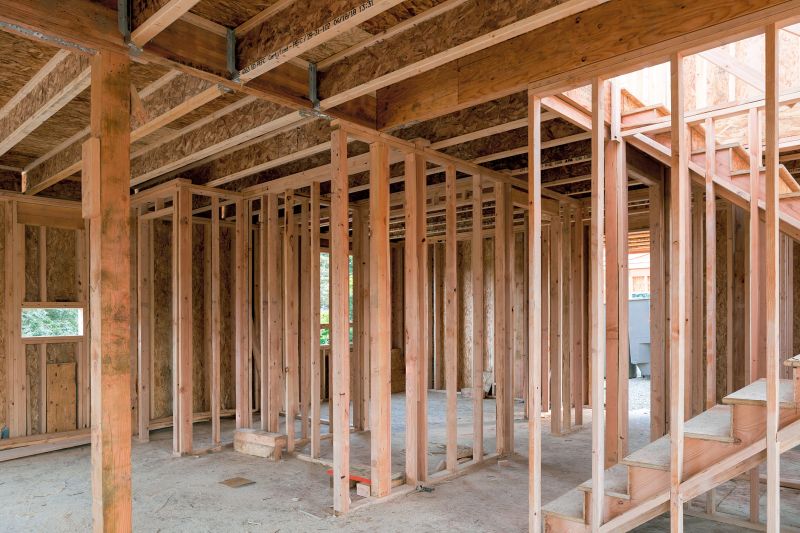
Reinforcing damaged frameworks after storms.
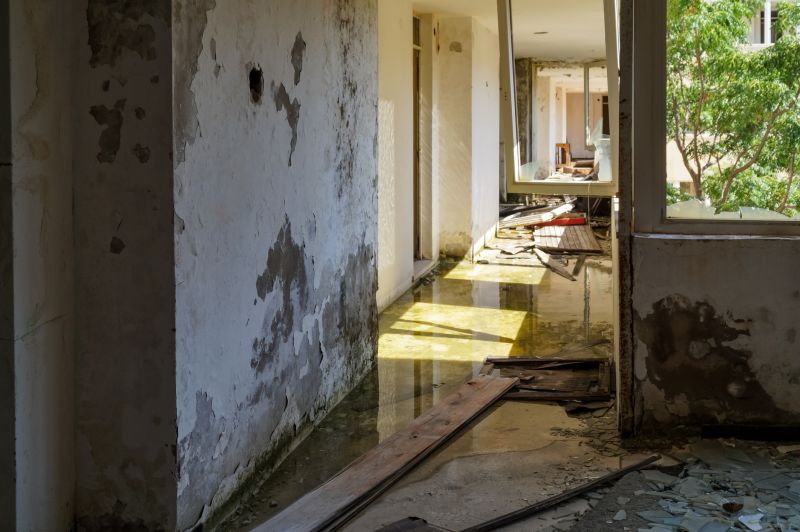
Restoring interiors affected by water intrusion.
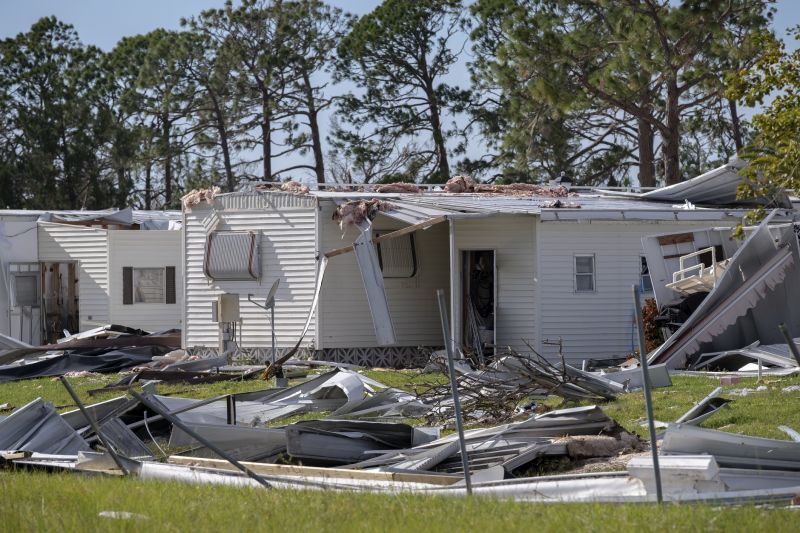
Specialized crews ready for storm-related restorations.
| Season | Optimal Timing |
|---|---|
| Spring | Late March to May |
| Summer | June to August, early season |
| Fall | September to November |
| Winter | December to February, less ideal |
| Post-Storm | Immediately after storms when weather permits |
Choosing the right time for storm restorations can significantly impact the safety, efficiency, and quality of repairs. Planning ahead and understanding regional weather patterns are essential steps in ensuring successful restoration projects. Proper timing helps mitigate further damage, reduces costs, and ensures that properties are restored to their pre-storm condition effectively.
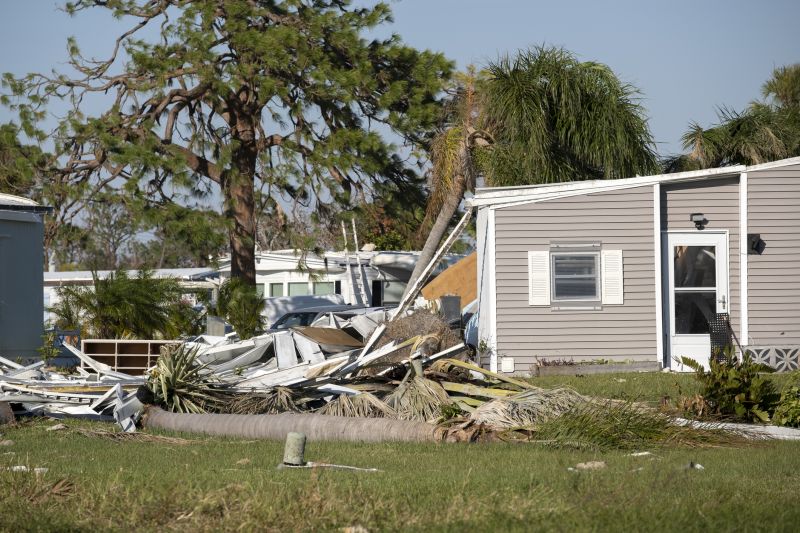
Assessing damage after severe weather events.
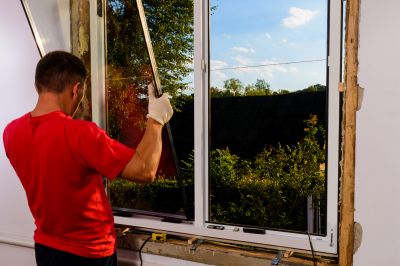
Step-by-step repair procedures.
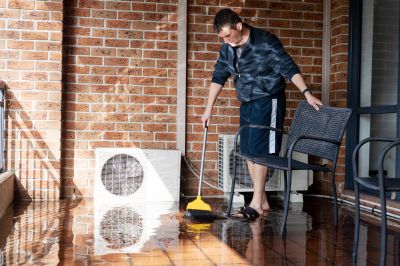
Restored properties ready for occupancy.

High-end options that actually feel worth it for Storm Restorations.
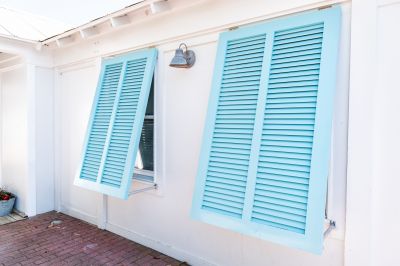
Finishes and colors that play nicely with Storm Restorations.

Little measurements that prevent headaches on Storm Restorations day.
Interested property owners or managers seeking storm restorations are encouraged to contact for assessments and scheduling. Timely planning ensures repairs are completed efficiently and safely, minimizing disruptions and protecting property value.


